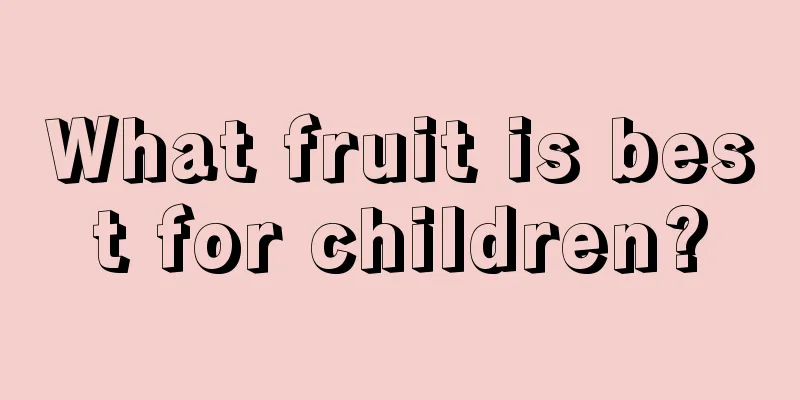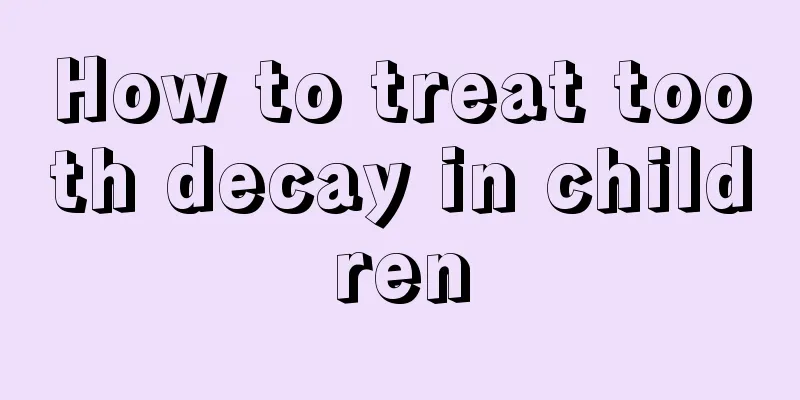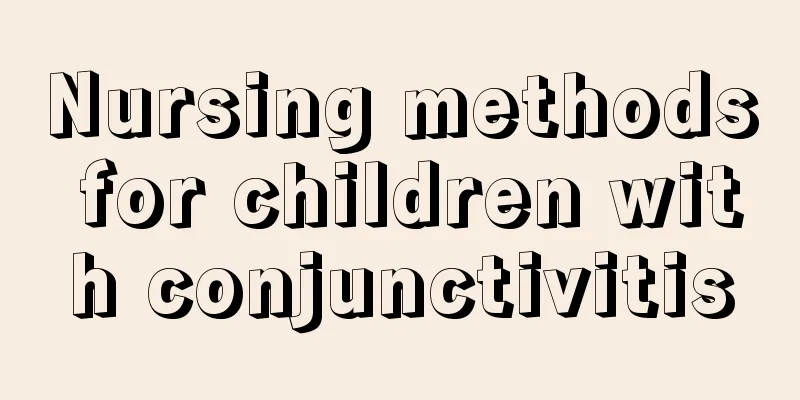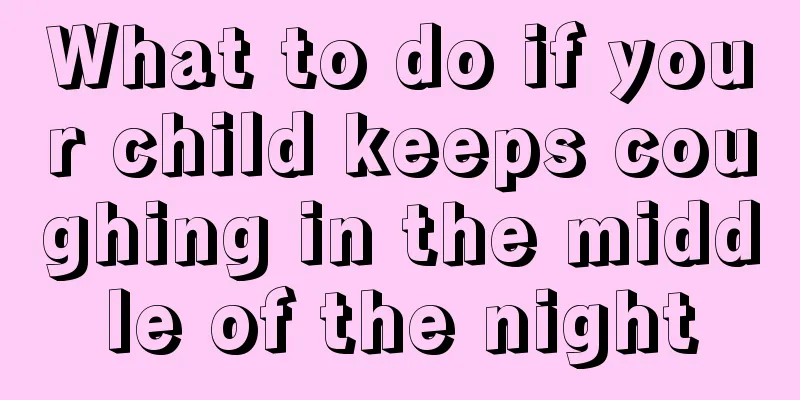Newborns sometimes retch

|
Most of the time, dry heaving is related to the food that the human body eats. For example, newborns sometimes experience dry heaving, which is most likely due to feeding or the food not being digested in time. When parents feed their babies improperly, or when the baby itself has weak digestive function, it may cause dry heaving in newborns. Of course, it is not ruled out that it is due to disease, the most common of which is typhoid fever. 1. Improper feeding or eating If a newborn baby is fed too much milk or eats too fast, the baby will not absorb and digest the food in time and will experience dry heaving. Babies who have already started eating complementary foods may experience nausea and vomiting because they are not used to the complementary foods or the complementary food particles are too large to swallow, or they are exposed to cold food, or they don’t like the taste of milk powder or rice noodles. Some foods contain additives such as artificial colors, or some irritating substances that may irritate the baby's throat and cause discomfort, which may trigger the baby to dry heave. If your child eats meals normally but retches after eating dry puffed foods or something particularly sweet, it is likely that the retching is caused by food irritating the throat. 2. Poor digestive function The reason for some babies' dry retching may be gastrointestinal discomfort and poor digestion. At the same time as dry retching, they may also have loss of appetite, diarrhea, abdominal distension, or frequent and particularly smelly farts. Taking digestive aids is often effective. Sometimes it is caused by inhaling air while feeding. burp the baby well after feeding, pay attention to the baby's diet, feed the baby light and easily digestible food, and eat small meals frequently. 3. Foreign matter When babies are young, they lie flat most of the time and sleep. When babies catch a cold or feel uncomfortable, the mucus in their nasal cavity is likely to flow into their throat, causing dry heaves. When the indoor temperature is too dry or too cold, the baby's throat will be irritated by the cold air and dry retching may occur. Many babies will put their hands in their mouths. Babies who cannot speak yet may "tell" adults their discomfort in this way, and this discomfort may be a foreign body sensation. 4. Sickness Some babies' dry retching is often accompanied by illness. If the baby has recently had symptoms such as a cold, fever, or cough, it may be caused by an illness, such as inflamed and enlarged tonsils, tracheitis, or pharyngitis. When the pharynx is stimulated, it will automatically close the nasopharynx and periphrasia passages, dilate the esophagus, and prevent vomit from entering the trachea or nasal cavity, causing vomiting or dry heaving-like reactions. If a child frequently retches, he should go to the hospital to check whether he has pharyngitis. Sometimes a low fever may be related to pharyngitis, so timely treatment is required. For some babies, the cardia relaxes too much, which causes gastric juice to reflux from the stomach to the esophagus, causing the baby to retch. In severe cases, a doctor's examination and treatment is required. 5. Baby is dehydrated Generally speaking, breastfed babies do not lack water in the first 6 months. But it does not necessarily mean that the baby does not need to drink water. A dry throat may cause the baby to retch, so after feeding the baby, you can give the baby some warm water to moisten the throat. |
<<: Newborn baby's body is red
Recommend
What should I do if my child has a bad digestive system?
If a child has a poor digestive system, we recomm...
Is ADHD in children treatable?
ADHD is a very serious problem for some children ...
What are the symptoms of heart disease in children?
Some children already have heart disease when the...
What to do if your 11-year-old child wets the bed
For an 11-year-old child, if the bedwetting pheno...
Why does a four-year-old child vomit frequently after eating?
It is not uncommon for children to feel nauseous ...
The jaundice index of the newborn on the 4th day is 24?
It is normal for newborns to have jaundice. Most ...
Can ADHD in children be cured?
A person's life basically ends when he or she...
What should I do if a one-month-old baby has a fever?
Fever is common in children, and there are many c...
What can’t babies with pityriasis alba eat? Experts tell you the right way
If your baby develops tinea versicolor, it means ...
At what age do children change their teeth?
I believe everyone knows the importance of teeth ...
What causes anemia in breastfed babies?
For the nutritional health of the baby, many wome...
Can't take calcium tablets if you have enlarged lateral ventricles
Ventriculomegaly is a fetal disease that can be d...
What causes viral fever in children?
Children having a fever is a common situation for...
What are children lacking when they are picky eaters?
Children being picky about eating is a common pro...
Can nine-month-old babies eat winter melon?
If a nine-month-old baby has no gastrointestinal ...









